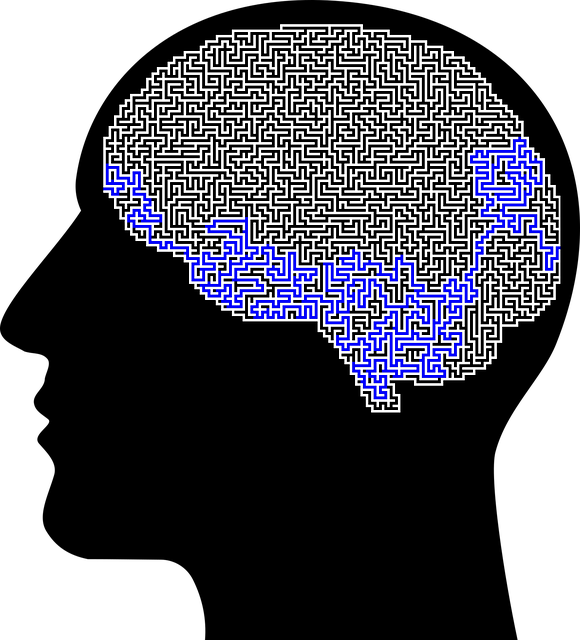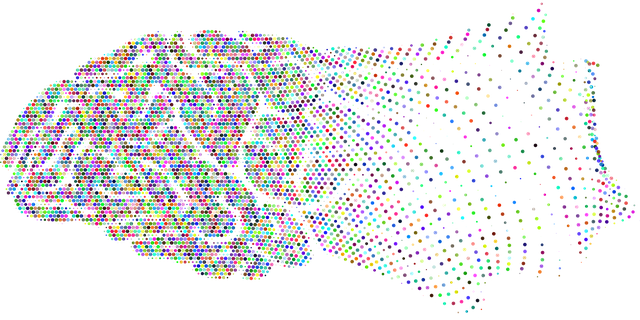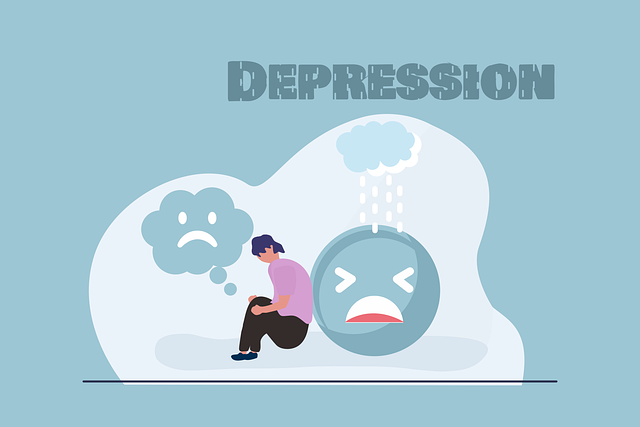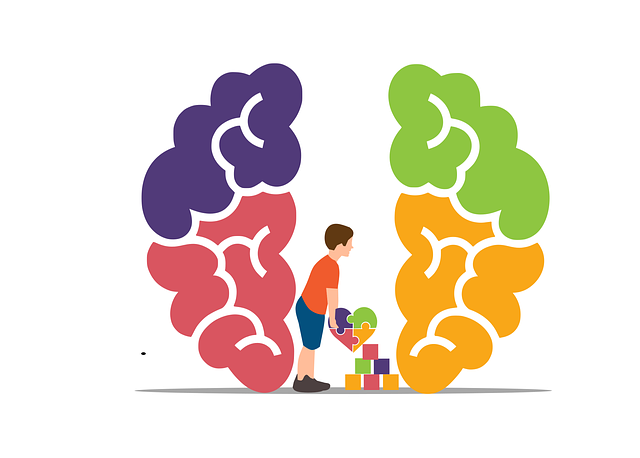Lone Tree First Responders Therapy offers specialized social skills training tailored for individuals with mental health conditions, addressing a growing concern of isolation in today's digital era. Their evidence-based programs combine crisis intervention guidance and mindfulness meditation to enhance self-awareness, empathy, conflict resolution, and cultural sensitivity. Through these holistic approaches, clients gain confidence in social interactions, build meaningful connections, reduce anxiety, and improve overall well-being, revolutionizing mental healthcare with long-term benefits.
Social skills training is a powerful tool in supporting individuals with mental health conditions, addressing a critical aspect often overlooked in traditional therapy. This article explores the profound impact of social skill deficits on mental well-being and introduces innovative approaches like Lone Tree First Responders Therapy. We’ll delve into identifying essential social skills for improvement, evidence-based strategies to foster connection, and long-term benefits, offering a comprehensive guide for enhanced therapeutic outcomes.
- Understanding the Impact of Social Skills Deficits on Mental Health
- The Role of Lone Tree First Responders Therapy in Addressing Social Isolation
- Identifying Core Social Skills to Target for Improvement
- Evidence-Based Strategies for Enhancing Social Interaction and Connection
- Long-Term Benefits and Integration into Comprehensive Treatment Plans
Understanding the Impact of Social Skills Deficits on Mental Health

The impact of social skills deficits on mental health cannot be overstated. Individuals struggling with conditions like anxiety, depression, or PTSD often find themselves isolated and disconnected from others, creating a vicious cycle that exacerbates their symptoms. In many cases, these individuals may have experienced trauma or faced challenges in forming healthy relationships, leading to a lack of social support—a key protective factor against mental health crises.
At Lone Tree First Responders Therapy, we recognize the profound effect social skills training can have on breaking down these barriers. Our specialized programs offer evidence-based approaches like crisis intervention guidance and mindfulness meditation to help clients navigate interpersonal interactions with confidence. By fostering a deeper understanding of themselves and others, our training equips individuals with the tools they need to build meaningful connections, reduce anxiety in social settings, and ultimately improve their overall well-being.
The Role of Lone Tree First Responders Therapy in Addressing Social Isolation

Lone Tree First Responders Therapy plays a pivotal role in addressing the growing issue of social isolation among individuals with mental health conditions. In today’s digital age, where face-to-face interactions are increasingly rare, this therapy offers a unique approach to fostering meaningful connections and enhancing social skills. The program recognizes that social isolation can exacerbate mental health symptoms and hinder recovery, making it a game-changer in comprehensive care.
Through interactive sessions, participants learn effective conflict resolution techniques, essential for navigating interpersonal relationships. Cultural sensitivity and competency training for healthcare providers are also integrated into the curriculum, ensuring a culturally responsive environment. This holistic approach not only empowers individuals with improved communication skills but also promotes cultural understanding, making mental healthcare more inclusive and accessible. Lone Tree First Responders Therapy serves as a beacon of support, helping individuals break free from social isolation and embrace a brighter, more connected future.
Identifying Core Social Skills to Target for Improvement

Identifying Core Social Skills to Target for Improvement is a critical step in effective mental health care, especially for individuals seeking Lone Tree First Responders Therapy. The process begins by understanding that social skills are not one-size-fits-all; they vary based on cultural backgrounds, personal experiences, and the nature of mental health conditions. For instance, someone struggling with anxiety might need to focus on active listening and non-verbal communication cues, while a patient dealing with depression may benefit from enhancing empathy and emotional expression.
Targeted interventions should prioritize skills that can significantly impact daily interactions. This includes effective communication strategies for expressing needs and managing conversations, emotional regulation techniques to navigate social situations comfortably, and adaptive behaviors to foster meaningful connections. By teaching these core skills, therapists at Lone Tree First Responders Therapy empower individuals to improve their relationships, reduce social isolation, and manage symptoms of anxiety and depression more effectively, ultimately contributing to improved mental health and well-being.
Evidence-Based Strategies for Enhancing Social Interaction and Connection

Social skills training is a powerful tool for individuals with mental health conditions, offering evidence-based strategies to enhance social interaction and foster meaningful connections. At Lone Tree First Responders Therapy, our specialized programs focus on empowering clients through various techniques that promote healthy relationships and improve overall mental wellness.
Mental Health Education Programs Design often include self-awareness exercises and journaling prompts to encourage individuals to reflect on their social behaviors and emotions. This introspection allows for a deeper understanding of one’s strengths and challenges in social settings, providing valuable guidance for meaningful interactions. By combining these approaches with practical skill-building activities, we aim to create a supportive environment that encourages growth and promotes positive social connections, ultimately contributing to improved mental health outcomes.
Long-Term Benefits and Integration into Comprehensive Treatment Plans

Social skills training offers long-term benefits for individuals managing mental health conditions. By learning effective communication strategies and interpersonal techniques, clients can improve their emotional well-being promotion techniques significantly. This enhanced ability to connect with others fosters a sense of belonging and support, crucial aspects in building resilience and maintaining mental wellness.
Integrating social skills training into comprehensive treatment plans, such as those provided by Lone Tree First Responders Therapy, ensures a holistic approach to care. These strategies complement traditional therapeutic interventions, empowering individuals to navigate social situations with confidence and ease. Through consistent practice, clients can generalize these skills to various aspects of their lives, enhancing their overall quality of life and promoting positive mental health outcomes.
Social skills training, as demonstrated by the effective approaches of Lone Tree First Responders Therapy, plays a pivotal role in enhancing mental health outcomes. By targeting core social skills and employing evidence-based strategies, individuals with mental health conditions can improve their interaction abilities and foster meaningful connections. This not only mitigates the impact of social deficits but also offers long-term benefits, integrating seamlessly into comprehensive treatment plans to promote holistic healing and improved quality of life.














